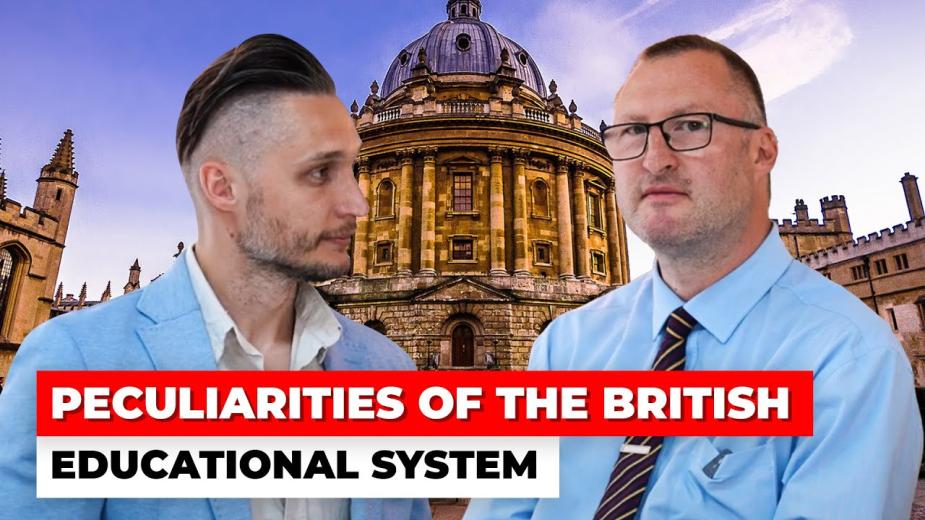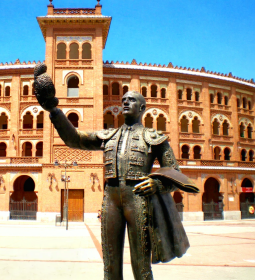Wales is a part of the UK with a rich history and first-class education. Wales is famous for its choirs, churches, cultural events and events, and universities. In educational institutions of the country, a student from any country can find any specialty that interests him - the choice of educational programs is great here. Students often come here for a higher education degree in international relations.
International relations are an important activity that requires seriousness, responsibility and integrity. A career in the field of international relations is interesting and promising. This area is not easy to get into. Working in international relations, you will earn good money, have many career prospects, and often go on business trips. An international relations degree will enable you to pursue journalism, advertising, business and work for major global companies.

Benefits of Studying in Wales
- National identity and uniqueness of education
- Historical atmosphere
- Opportunity to improve spoken English and learn Welsh (an ancient local language)
- Quality education in the European format
- Interesting training plans
- Obtaining a diploma that is appreciated all over the world.
Training in international relations, journalism, marketing and public relations is recommended to be obtained at the largest and most famous university in Wales - Bangor University.
This is a university, which includes as many as 5 student buildings and 22 dormitories. About 10,000 students study on the territory of the university. The educational institution is proud of the high quality of teaching, strong research centers.
Why study in Bangor?

- Impeccable quality of education
- First place in the programs "International Relations", "Accounting", "Finance" and "Engineering".
- Attentive attitude of teachers towards students
- Scholarship ranging from £ 2,000 to £ 5,000 annually.
Bangor University faculties related to international relations:
- arts and media
- rights
- philosophy and religious studies
- psychology
- social sciences.
To enter the university, you will need IELTS 6.0 (or TOEFL), a certificate that meets British requirements (for example, Foundation or A-level), a letter of motivation, letters of recommendation and a statement of the availability of funds in the account.

During educational programs, students study:
- European law and international court
- Constitutional law of other countries and international public law
- Environmental law
- World economy
- International monetary and credit relations and economic relations.
After training, you can work as:
- Diplomat in the diplomatic service - playing the role of a defender of the political interests of his country abroad.
- Served in some government agencies. People who are fluent in the art of analysis, have developed logic and knowledge of foreign languages, are in great demand in these areas.
- Political scientist and analyst
- Nonprofit Communications Officer
- Assistant, secretary, translator
- Analyst, manager, administrator.









